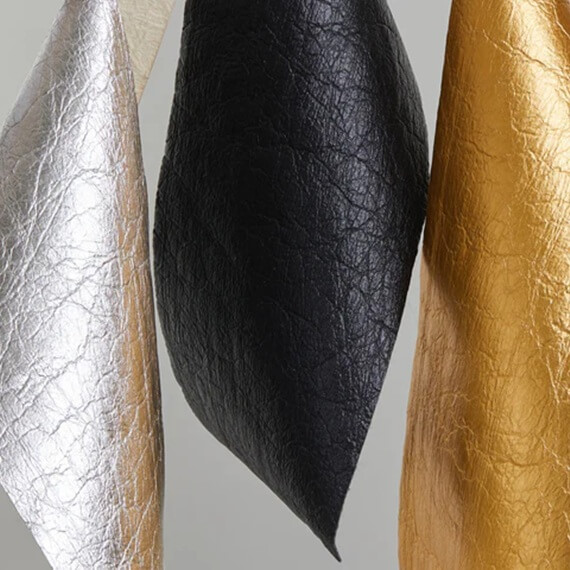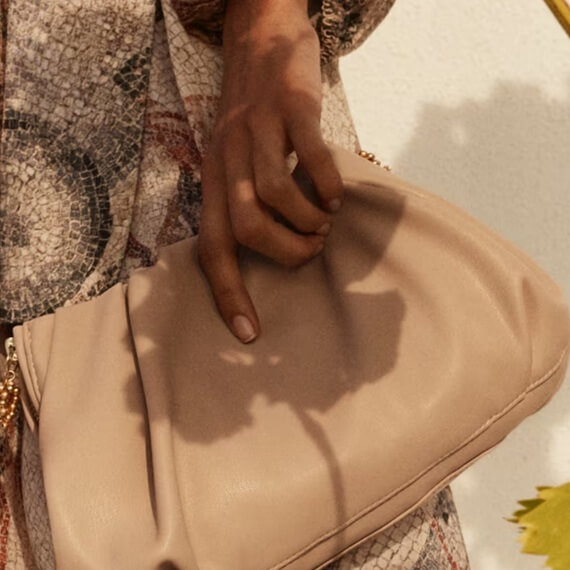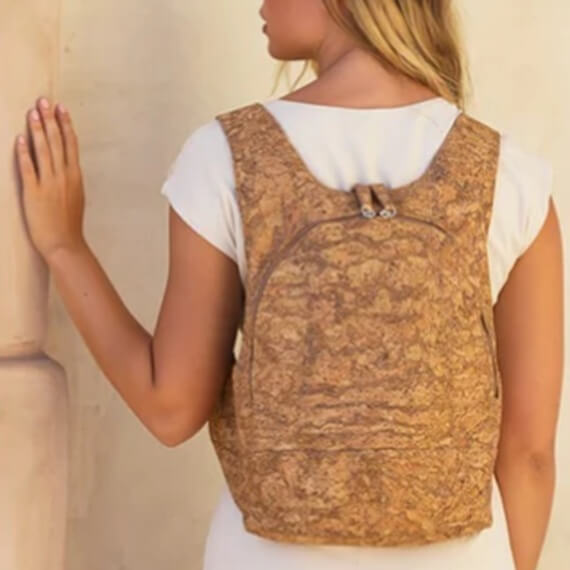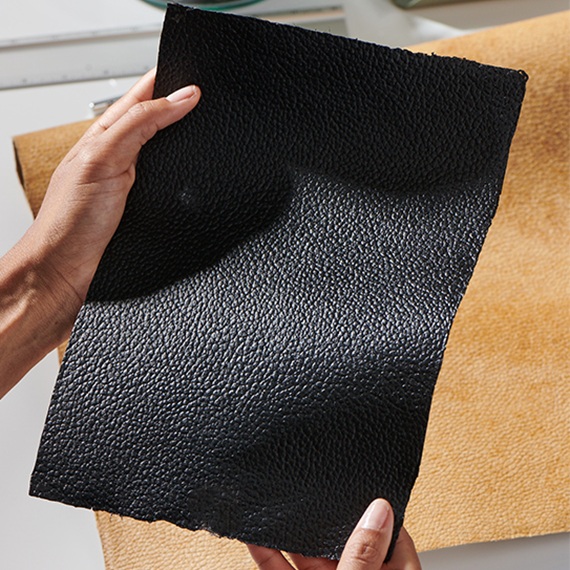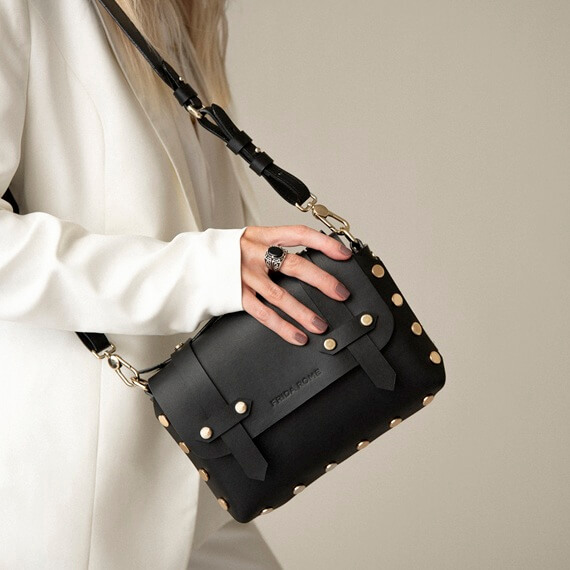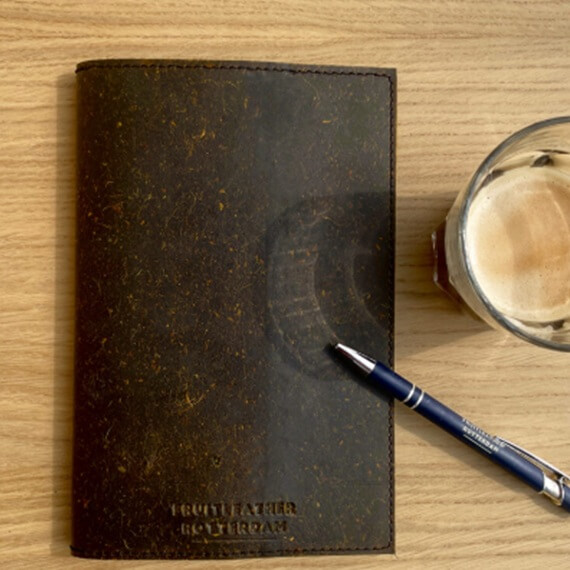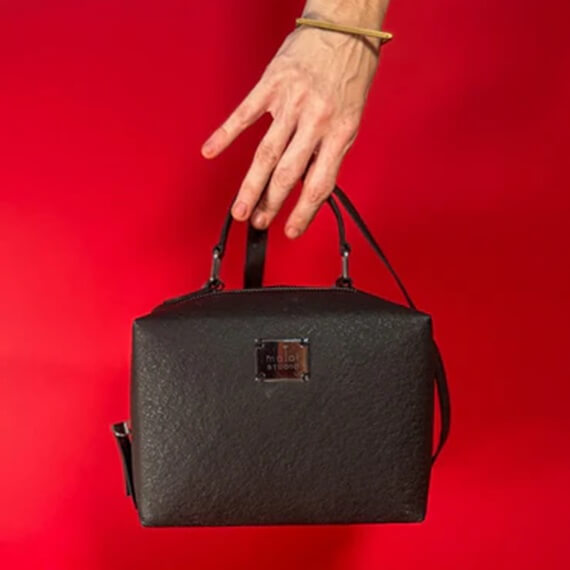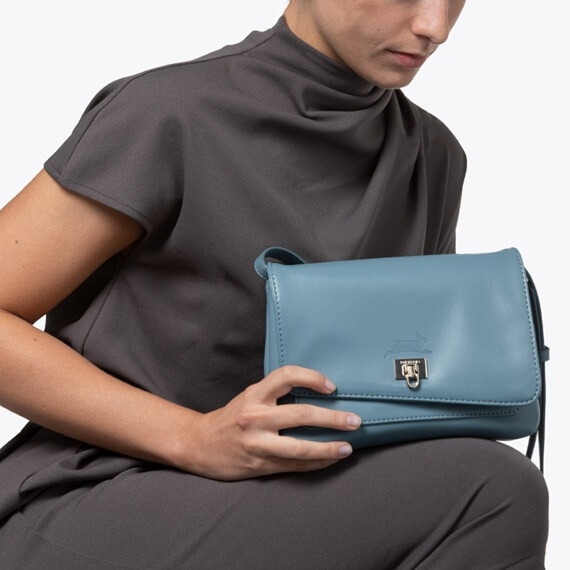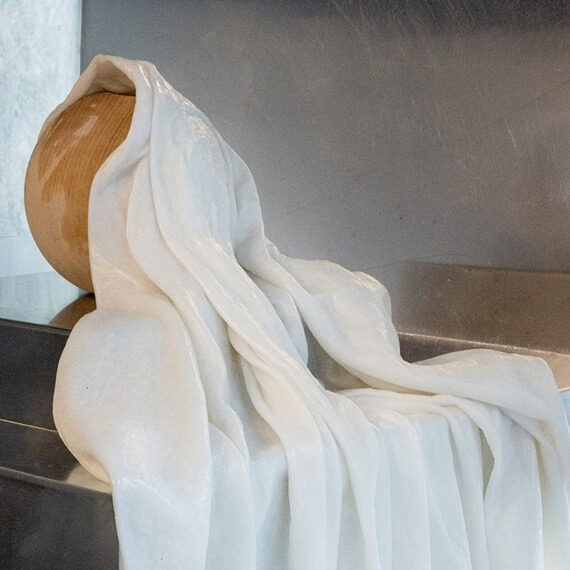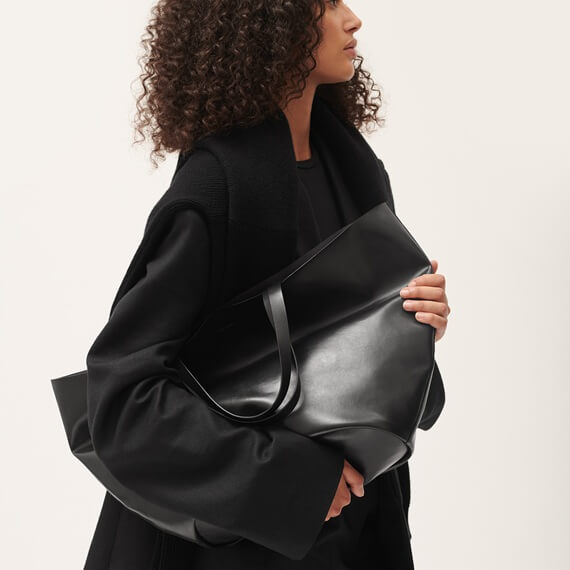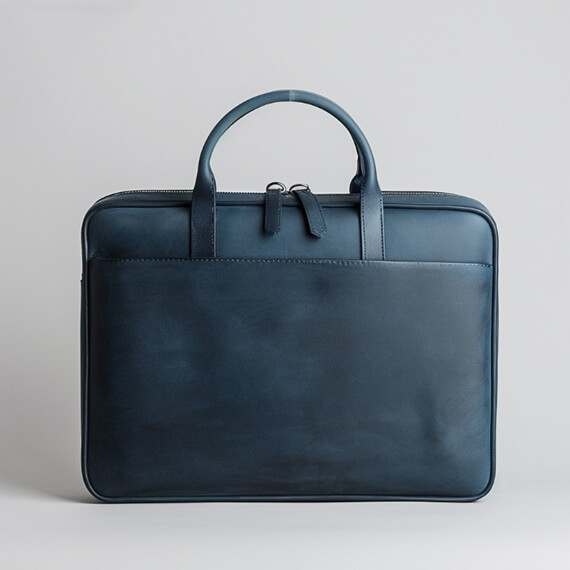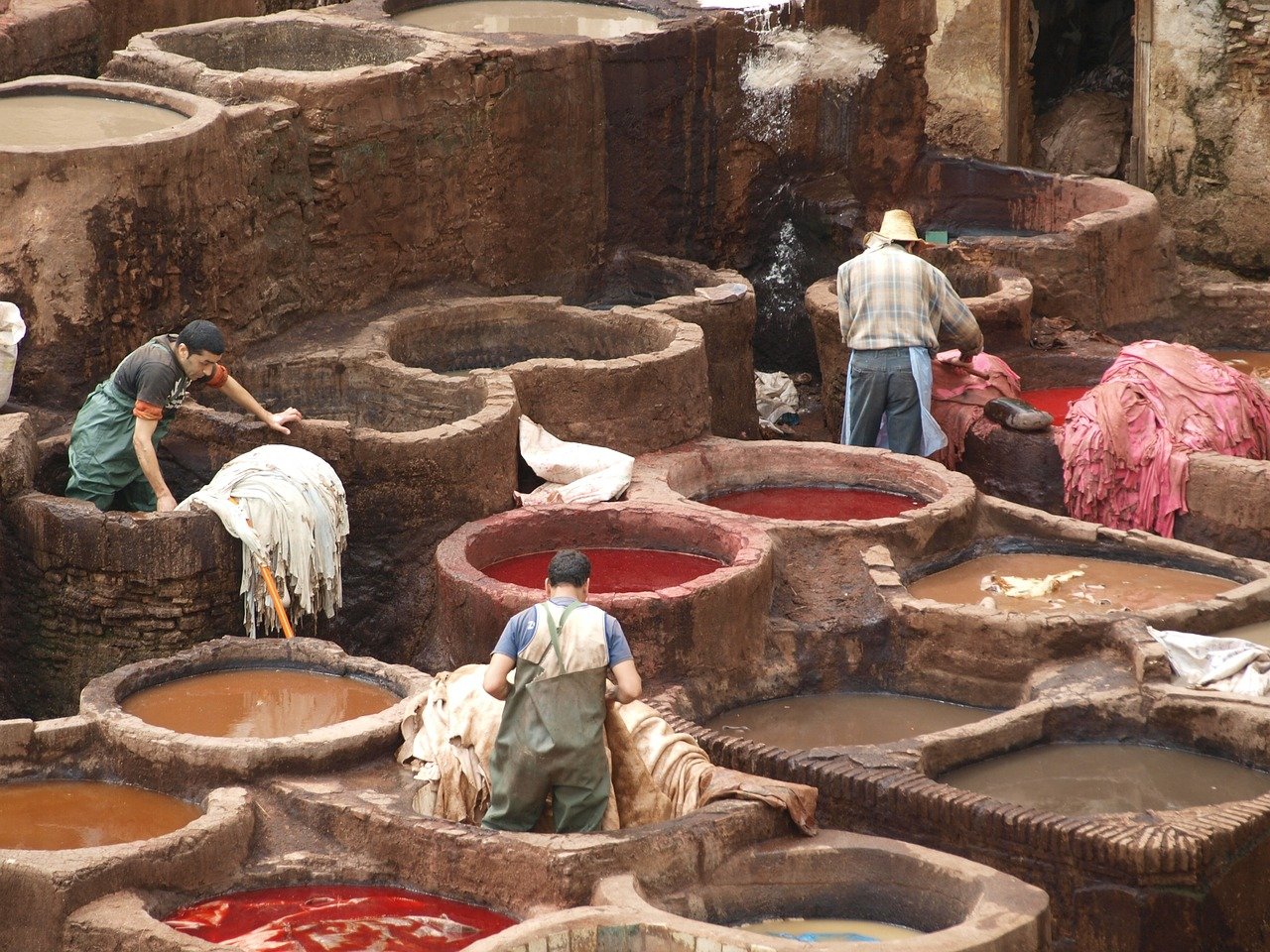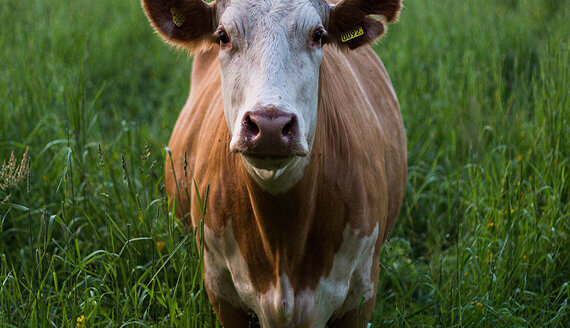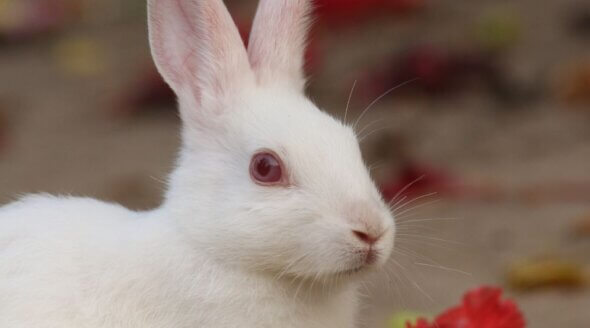13 Cruelty-Free, Sustainable Vegan Leathers
Ethical fashion is in, and the rising consumer demand for animal-friendly materials has led innovative companies to develop a wide range of luxurious and stylish vegan leathers from all sorts of plants. Designers and high-street retailers alike are working with high-quality, durable, and sustainable vegan leathers made without animal suffering or the environmental destruction of leather production.
Vegan Leather Is the Compassionate, Sustainable, and Stylish Choice
Today’s innovative vegan materials are made from plants and eco-conscious fibres, and many have the added benefit of using up food waste. In addition to the producers mentioned below, brands such as Gucci and Nanushka have also developed their own luxurious vegan leathers in-house.
Pineapple Leaf Leather
Piñatex is made from pineapple-leaf fibres, a by-product of the pineapple industry. Developed by Brazilian company Ananas Anam, it is a non-toxic vegan leather that requires much less land, water, pesticide, and fertiliser than is used in the production of animal leather. H&M, Chanel, and Hugo Boss have all used Piñatex.
Apple Leather
Alexandra K
Apple leather is made by transforming the apple pulp, seeds, and cores left over from the food industry. This waste is puréed and dehydrated to create a resistant, versatile vegan leather that is non-toxic. Apple leather has been used by Alexandra K, ASHOKA Paris, FRIDA ROME, Mashu, and Stella McCartney. High-end watch brands like Cartier have also offered straps in apple leather.
Wine Grape Leather
Vegea is an Italian company that creates leather from wine industry waste. It transforms grape skin and seed fibres into a vegan, eco-friendly leather, which is used by Bentley for electric-car seats. H&M has also used Vegea in its Conscious Exclusive collection and recognised the brand with its Global Change Award in 2017.
Cork
Cork comes from cork trees, many of which grow in Portugal. The material is taken off the tree without having to cut it down – and it grows back, making its production fully natural and regenerative. It’s used by ethical brands like Arsayo, Svala, and Moddanio and has also been featured in a range by Bottega Veneta.
Mushroom Leather
Leather made from mushrooms is produced by companies such as US-based Bolt Threads, MuSkin, and MycoWorks. Bolt Threads created its Mylo leather from mycelium, a network of threads that forms the underground structure of mushrooms. This material has a significantly lower environmental impact than animal leather – it is much less water-intensive and made without harsh chemicals. Even Hermès, known for its appalling animal body count, has made a bag from mushroom leather.
Cactus Leather
Frida Rome
Mexico-based material innovation company Desserto makes leather from the nopal cactus, which grows in Mexico. This material is organic, partially biodegradable, and resistant to abrasion, water, rubbing, and tearing. It uses next to no water, which is a stark contrast to the vast quantities of water waste involved in animal leather production. This durable yet supple material has been used by companies like SENTIENT, Thalie, and FRIDA ROME. Karl Lagerfeld also used it in a bag made in collaboration with supermodel Amber Valletta. Watchmaker Hublot has also used Desserto leather for its watch straps.
Mango Leather
Dutch company Fruitleather Rotterdam produces mango leather from food waste. The founders discovered that many of the fruits at their local market weren’t sold, so they decided to use them to create a sustainable, natural vegan leather which can be made from up to 90% fruit. VEDERWERK and Felder Felder have both worked with mango leather.
Coconut Leather
Innovative company Malai has created a bio-composite material from organic and sustainable bacterial cellulose grown on agricultural waste from India’s coconut industry. The brand works with local farmers to collect coconut wastewater for use in its production. The resulting material is flexible, durable, and vegan.
Corn Leather
Miomojo
This soft and supple material is made from what is considered to be the waste parts of the corn plant – corn husks and oils. It is fully recyclable and can have a plant content of up to 69%. Watson & Wolfe and Miomojo are among the brands using this new-generation plant leather.
Olive Leather
Olive pits are ground into a powder to create a vegan leather-like material that is resistant to dirt and scratches. In Turkey, suppliers like Oleatex make leather from olive mill pomace – a waste product from the olive mill extraction process. Brands that have worked with this material include innovative Fashion Week favourite GANNI.
LUNAFORM
Made by material innovation company Gozen, this leather is crafted from microorganisms and is not only fully vegan but also stronger than animal leather. Luxury fashion brand Balenciaga has used it.
MIRUM
Pangaia
Natural Fiber Welding’s MIRUM is vegan, biodegradable, and plastic-free. This innovative material is made from resin, rubber, and other natural plant waxes and oils and is welded together without any petroleum-derived components. It has been used by brands like Stella McCartney, Melina Bucher, and MODHER.
Biofabricated (Laboratory-Grown) Leather
Laboratory-grown leather is being developed by US material innovation company Modern Meadow. The company bioengineers strains of yeast to create collagen – the protein that skin is made from – in order to grow animal leather in a laboratory instead of on a sentient being.
Why Choose Vegan Leather?
Around 1 billion animals are killed each year for animal leather. Most endure extreme confinement on a factory farm, a gruelling journey to an abattoir, and a violent death. The vast majority of the world’s leather comes from China, where, despite years of campaigning by animal-protection groups, there are still no penalties for abusing animals in the skins industries. Investigations into the leather industries in China and India – two of the top leather-producing nations in the world – have revealed horrific abuse. In addition to the cows, sheep, and other animals killed for leather are approximately 2 million dogs and cats every year, whose skins are often mislabelled and sold on the European market. The lack of transparency in the leather trade means it’s difficult to know which animal you’re wearing. All you can know for sure is that they suffered.
In the wild-animal skins trade, alligators are kept in fetid water inside dank, dark sheds before their necks are hacked open and a metal rod is shoved into their head in an attempt to scramble their brain, often while they’re fully conscious. One-year-old ostriches are transported by lorry to abattoirs, where workers turn them upside down in a stunner, slit their throat, and pluck their feathers. Lizards are often decapitated, and snakes are commonly nailed to trees before their bodies are cut open from one end to the other as they’re skinned alive. Investigations have also shown that pythons are inflated with air or water or impaled with hooks while still moving.
The Leather Industry Is Harmful to People and the Planet
Clothing industry bodies have found leather to be the most harmful material in fashion in terms of environmental damage. The 2017 “Pulse of the Fashion Industry” report found that it had the highest cradle-to-gate environmental impact, ahead of synthetic materials. Kering’s “Environmental Profit & Loss” report found that 93% of leather’s ecological damage happens before the tanning stage because of the high environmental cost of raising animals. Greenwashing marketing schemes touting “vegetable-tanned” or “chrome-free” leather don’t address the process that causes the most damage: farming.
In Bangladesh, 90% of leather workers die before the age of 50 as a result of exposure to tanning chemicals, including mineral salts, formaldehyde, coal-tar derivatives, cyanide-based dyes, and other dangerous substances.
Pledge Never to Buy Animal Leather
Animals don’t want to end up in your wardrobe any more than they want to be served on your plate. And with so many elegant vegan leather options to choose from, there’s no excuse for wearing another animal’s skin. Make the compassionate choice today by pledging never to wear animal leather:
Lush vegan fashion is widely available, and our “PETA-Approved Vegan” logo signposts over 1,000 animal-free brands or products to help ethical consumers shop with confidence.


